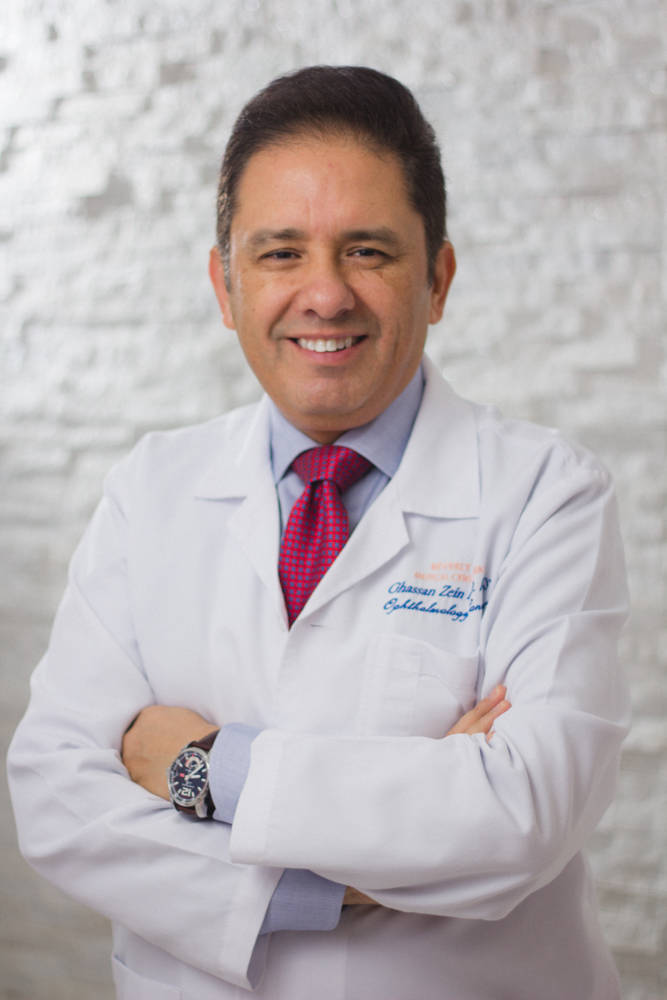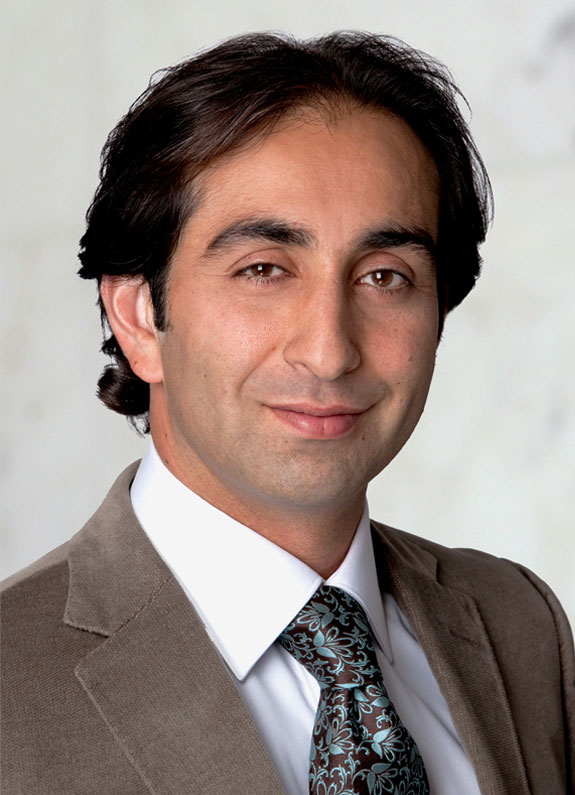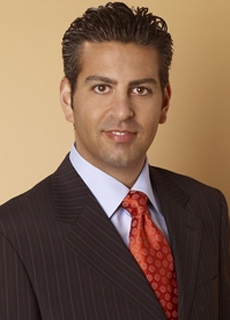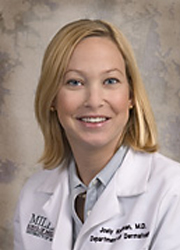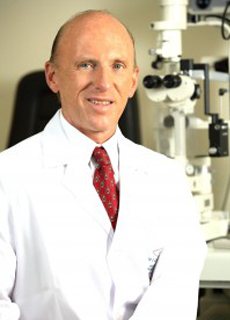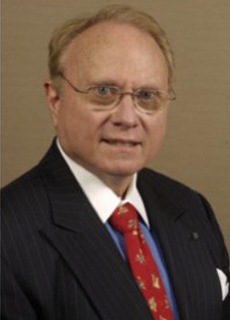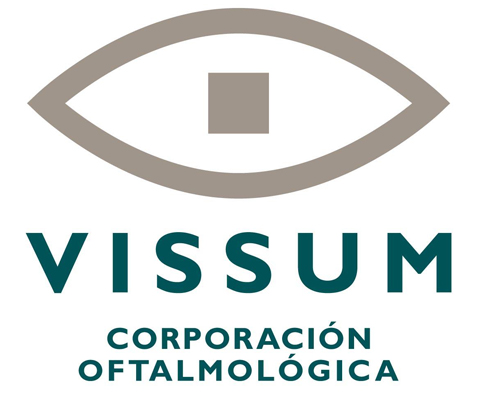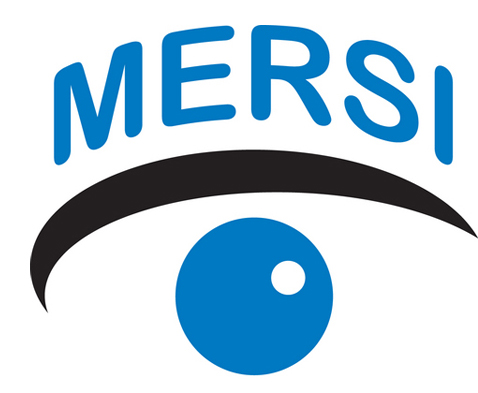REQUEST AN APPOINTMENT
TESTIMONIALS
Kuwait Dry Eye Doctor Talks About Allergies and Dry Eyes
The main difference between allergies and dry eyes is the surrounding symptoms that accompany the discomfort, and the type of discomfort. Allergies will turn your eyes red and watery, and will often come with itching and other symptoms such as a runny nose or even hives. You may also notice that the symptoms fluctuate with the seasons, as most allergies do. If you are simply suffering from allergies, they can usually be cured by over-the-counter medication, anti-itch eye drops, or prescription medication. However, chronic dry eyes should be treated differently, so it is very important that you determine if you have the condition. You can always schedule a consultation with an experienced ophthalmologist like Dr. Zein in Kuwait to determine if you are suffering from dry eyes.
Kuwait Dry Eye Symptoms
Treating dry eyes is very important because dryness in the eyes causes irritation, blurriness, lack of ability to concentrate, redness, inflammation, and pain. The long-term effect of dry eyes, especially severe dry eyes, will be damage to your vision.
Common symptoms of dry eyes include:
- Pain
- A gritty sensation
- Itching
- Blurring of vision
- Redness
- A feeling of a foreign body or sand in the eye
- Light sensitivity
- Discomfort to light (Photophobia)
- Dry Eyes Causes
Dry eyes occur for several reasons including blocked tear ducts, lack of tear production, eye strain and sometimes a lack of oil on the outermost layer of the tear film. Sometimes, something as simple as staring at a computer for 8 hours a day without taking breaks or using eye drops can cause dry eyes and consequently blurred vision. There are other causes, such as medications like antidepressants, which can worsen dry eye symptoms. The same is true for wind, ceiling fans, air conditioning, heating, living in a dry climate, excess sun exposure and environmental allergies.
Kuwait Dry Eye Prevention Tips
If you believe your dry eyes are due to environmental factors, like the harsh conditions in the winter, Dr. Zein recommends the following:
- Use a humidifier to prevent fluid evaporation from eyes (and skin).
- Keep your eyes closed or use moisturizing eye drops in each eye prior to blow-drying your hair.
- Cut back on the amount of coffee you drink. Coffee contains a mild diuretic that may exacerbate dry eyes.
- Place your computer screen at eye level because looking up causes the natural tear produced from your eyes to evaporate more quickly, leaving you with itchy, dry eyes.
- Wear glasses or sunglasses when you are outdoors to prevent the cold winter wind from directly hitting your eyes. You can also wear a brimmed hat or hood to protect your eyes from the winter elements.
- Avoid dusty or smoke-filled rooms.
But if you are already experiencing symptoms, or your symptoms are chronic and do not go away with these changes, what can you do to treat dry eyes?
Treating Chronic Dry Eyes
In general, significant dry eye is a chronic condition that may gradually worsen with time, and it requires careful monitoring and treatment by a skilled ophthalmologist to ensure that you do not have permanent loss of vision. Because there are many different treatment options available and many causes of dry eyes, make sure you discuss your options with Beverly Hills Kuwait ophthalmologist, Dr. Zein.
Artificial teardrops: Dr. Zein can prescribe high viscosity tear substitutes that may bring relief to your dry eyes. Oral medications are also available for severe cases.
Low potency corticosteroids: Drops such as topical cyclosporine are safe and effective for long-term use, and reduce inflammation caused by dry eyes. They also enhance the efficacy of tear replacement.
Beverly Hills Medial Center Kuwait Dry Eye Surgical Treatment
In many cases, patients wish to permanently cure their chronic dry eyes through surgery. Surgical treatment for people with tear deficiency includes closing the holes (puncta) that allow what few tears are made to drain away from the eye and into the back of the nose. The puncta may be closed using hard silicone or semi-permanent foam-like plugs, which can be removed at any point if the dry eye condition improves. However, because there are occasional complications with the plugs, permanent surgical occlusion may be a valid option for some patients.
Beverly Hills Kuwait Dry Eye Ophthalmologist Dr. Zein
Ghassan Zein, M.D. is a world renowned Ophthalmologist whose focus is on top of the line treatment and patient care. He has extensive experience in treating dry eyes at Beverly Hills Kuwait.
If you are considering dry eye treatment options, schedule a consultation with Dr. Zein at Beverly Hills.
